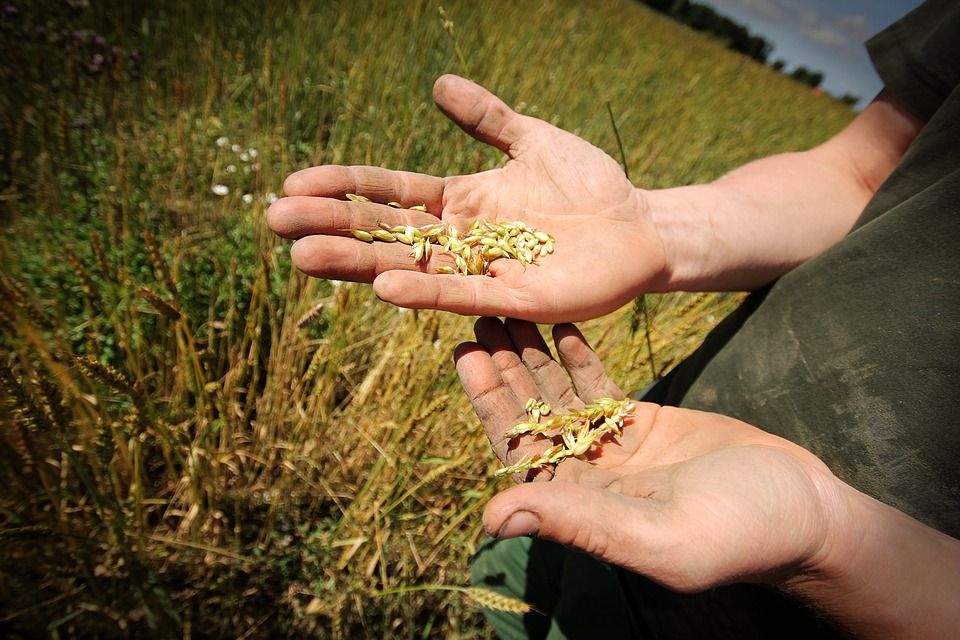With more and more Danes looking for organic food produce during their weekly grocery shopping excursions, an increased number of Danish farmers are adjusting to meet the demand.
Over the coming year, some 1,130 farmers are set to reinvent a total of 40,000 hectares into organic farmland – an increase of 34 percent according to new figures from the Environment and Food Ministry.
According to the Danish agriculture and food council Landbrug & Fødevarer, the increase is down to a growth in demand and the more advantageous prices organic farmers receive for their goods.
READ MORE: France going ’bananes’ for Danish organic food
Benefits > Challenges
In 2015, the sale of organic goods in shops increased by 12 percent to 7 billion kroner, and over the first half of 2016, it has shot up by a further 18 percent compared to 2015.
Eijvind Lauridsen, a dairy farmer since 1987 who embraced the organic transition last year, said the benefits of going organic outweighs the challenges.
“My cows have always been free-range, but I won’t deny that the change has been a question of kroner and øre,” Lauridsen said.
“I can see there is a great demand for organic milk, and I want to be part of making what the consumers want. There are also a lot of rules to comprehend when making the change, such as how to till the land to get the least amount of weeds, which crops to grow and which method of crop rotation to use. So I’ve automatically become a better plant grower as a result.”
Organic food from Denmark is becoming a hit abroad as well. For instance, Landbrug & Fødevarer revealed last week that Danish exports of organic food products to France have skyrocketed over the past five years.















